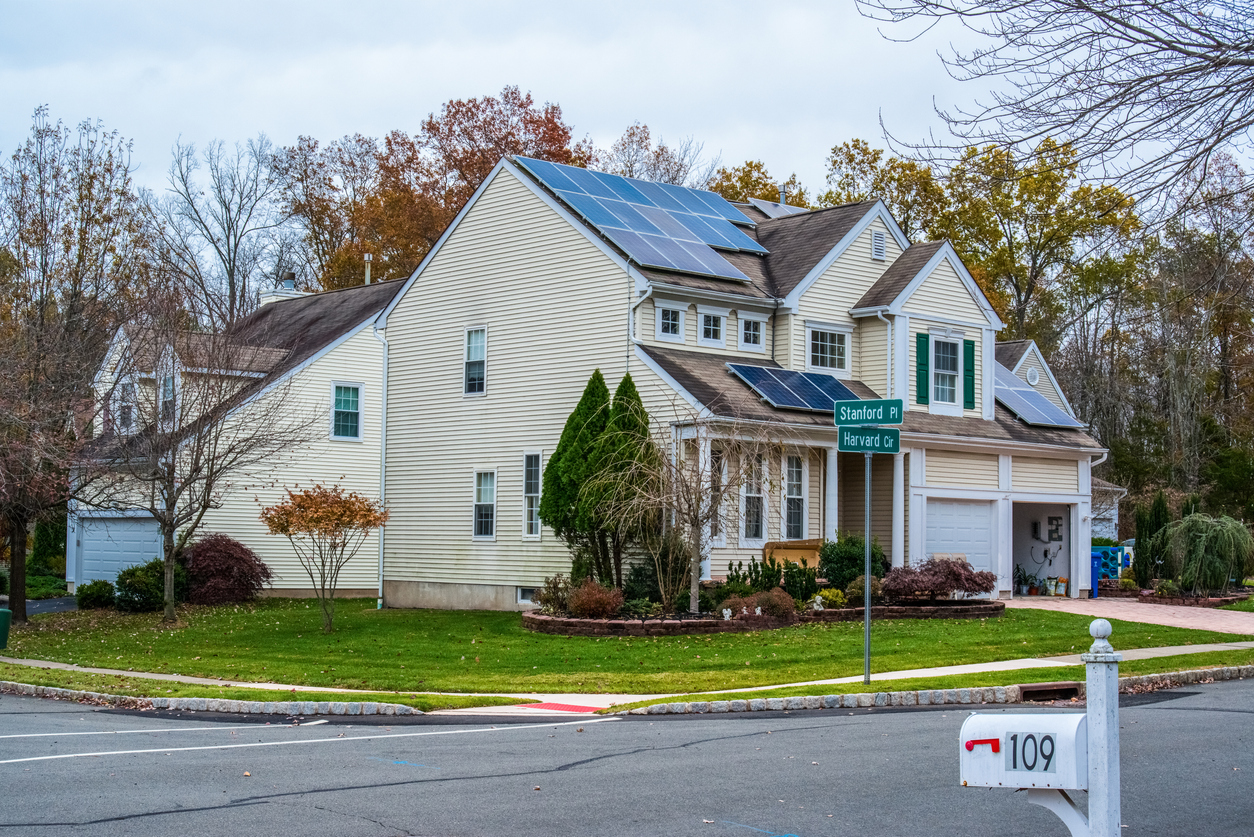If you’re considering buying a coastal home, you should know a few things before purchasing. First, coastal properties have unique challenges and opportunities that you should know about to avoid costly problems and to help you make informed decisions.
Understanding the Location of Your Next Coastal Home
In New Jersey, the location of your coastal home is crucial. Consider proximity to the beach, local amenities, and climate. Different coastal areas can have different weather patterns due to their location and proximity to the ocean.
Assessing the Coastal Home Property
Before making an offer on a coastal property, conduct a professional inspection by someone you hire. Coastal properties are often subject to harsh weather conditions, ensuring the property is in good condition. Pay special attention to the foundation, roof, and windows. Be aware of flood zones.
Understanding Coastal Home Insurance
Coastal homes require comprehensive insurance coverage due to their increased susceptibility to weather-related damage. At Dickstein Associates Agency, a Division of Risk Strategies, we specialize in insuring coastal homes in New Jersey. Contact us today to learn more about our coastal home insurance coverage.
Investigating Property Taxes
Property taxes vary by state and locality, so it’s crucial to investigate the tax rates in the area you’re interested in. In some states, coastal properties may be subject to other taxes to fund beach restoration projects.
Assessing the Community Around the Coastal Home
Coastal communities have a unique culture and lifestyle that may only appeal to some. Before buying a seaside home, spend time in the community to understand the lifestyle and amenities available. For example, consider the local schools, healthcare facilities, and entertainment options.
Planning for Maintenance
Coastal properties require more maintenance than inland properties due to exposure to saltwater and other environmental factors. Therefore, it’s essential to factor in the cost of care when budgeting for your coastal home.
Understanding Zoning Laws Around the Coastal Home
Coastal zoning laws can be complex, and to protect yourself, you must understand the regulations before buying. In addition, certain areas may restrict building height, setback requirements, and other rules.
Investigating the Homeowners Association
Many coastal communities have homeowners’ associations (HOAs) that regulate the use and appearance of properties in the community. And so, before making an offer on a coastal property, investigate the HOA and its rules and regulations.
Considering Resale Value
When buying a coastal property, it’s essential to consider the potential resale value. Factors such as location, view, and condition can all affect the resale value of a property.
Understanding Financing Options
Financing a coastal property can be more complex than investing in an inland property. Be sure to research the available financing options and work with a lender experienced in coastal properties.
Investigating the Home’s History
When considering a coastal property, it’s crucial to investigate the home’s history, including any damage from storms or flooding and any renovations or upgrades.
Planning for Natural Disasters
Coastal properties are more susceptible to natural disasters like hurricanes and floods. Therefore, it’s essential to have a plan in place for these events, including evacuation routes and emergency supplies.
Understanding Beach Access
Access to the beach can be a significant selling point for coastal properties. Before buying, investigate the available beach access and any restrictions on its use.
Considering Environmental Factors
Coastal properties can have a significant impact on the local environment. And so, before making a purchase, consider the property’s impact on the local ecosystem and any environmental regulations that may apply.
Budgeting for Additional Expenses
When buying a coastal property, it’s essential to budget for additional expenses that may be absent on an inland property. For example, coastal homes may require more insurance, maintenance, and repairs due to exposure to harsh weather conditions. Also, coastal properties may be subject to higher property taxes, HOA fees, and utility costs.
Conclusion
At Dickstein Associates Agency, we understand the unique challenges and opportunities of coastal properties. We offer comprehensive insurance coverage to protect your investment and provide peace of mind. Our experienced agents can help you find the right coverage for your needs and budget.
Buying a coastal home can be a rewarding investment, but it’s essential to do your due diligence and thoroughly research the property and its location before purchasing. Understanding coastal properties’ unique challenges and opportunities allows you to make an informed decision that fits your budget and lifestyle. Contact Dickstein Associates Agency, a Division of Risk Strategies, Co., today to learn how to protect your beach home with our comprehensive coastal home insurance coverage.










